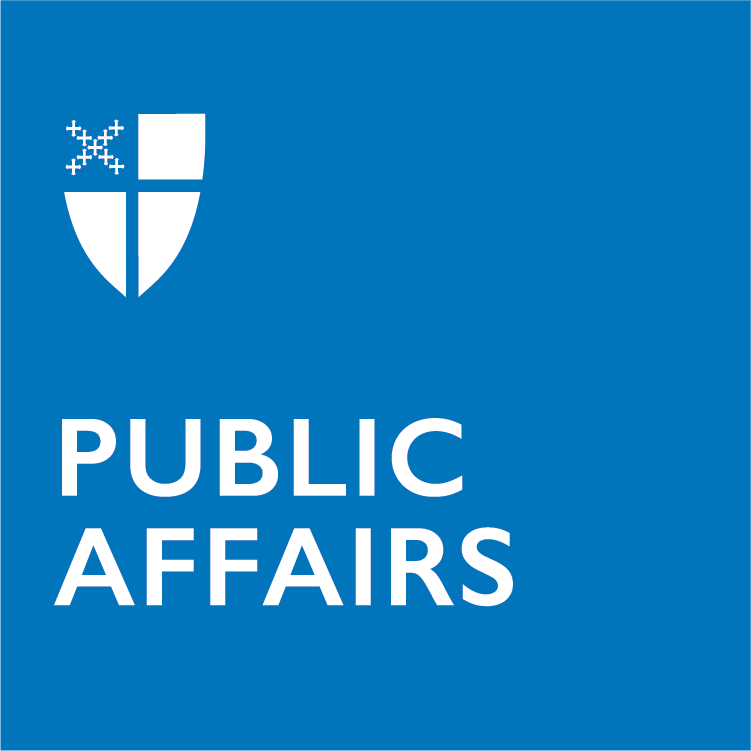The Standing Commission on Liturgy and Music (SCLM) plans to present the 2018 General Convention with four options regarding the possible revision of the 1979 Book of Common Prayer, said the Rev. Devon Anderson, commission chair.
The options, discussed in detail on the SCLM’s blog, are:
- Revision of the prayer book beginning after the 2018 General Convention;
- Creation of a book or books of alternative services beginning after the 2018 General Convention, with no accompanying revision of the prayer book;
- A postponement of the decision on the prayer book and supplemental resources until the completion of a church-wide conversation on liturgical theology and practice during the 2018-2021 triennium
- A step back from liturgical revision and a commitment to exploring the theology of the current prayer book in greater depth.
“We want to give General Convention everything it needs to give the SCLM very detailed direction and sufficient funding to follow that direction,” Anderson said. “We want to call the church to a collective discernment that leads to a decision.”
Resolution A169 of the 2015 General Convention directed the SCLM “to prepare a plan for the comprehensive revision of the current Book of Common Prayer and present that plan to the 79th General Convention.”
The commission is taking a data-driven approach to its work, and hopes to use several methods of gathering the information and opinions that will shape its conversations, Anderson said.
These methods include collecting and analyzing bulletins to gauge current practice in the church; interviewing Anglican partners who have recently revised their prayer books; holding small group discussions about the prayer book across the church, beginning at the 2018 General Convention; and sponsoring conferences on the prayer book at Virginia Theological Seminary and the School of Theology at Sewanee, the University of the South.
These methods can be tested in the next two years and deployed church-wide between the conventions in 2018 and 2021, Anderson said.
The commission is also hoping to commission a church-wide research project in cooperation with the Church Pension Group to determine Episcopalians’ current attitudes towards the prayer book. The study would follow “grounded theory” methodology, which seeks data not to confirm a previously conceived theory, but to find testable theories within the information gathered.
Anderson said data gathering is an essential step if either prayer book revision or the creation of supplemental liturgical resources is to proceed. “The Book of Common Prayer is the fullest statement of our faith, and the deepest expression of our theology,” she said. “If we are going to revise it, it is essential that people from across the church can share their thoughts, their anxieties and their hopes with us. That is why we are focusing, at this point, on hearing the voices of our people.”
The SCLM blog also includes updates from subcommittees working on the Book of Occasional Services, the Calendar of Commemorations, congregational song, and liturgical resources that speak to issues of racial injustice and reconciliation.
